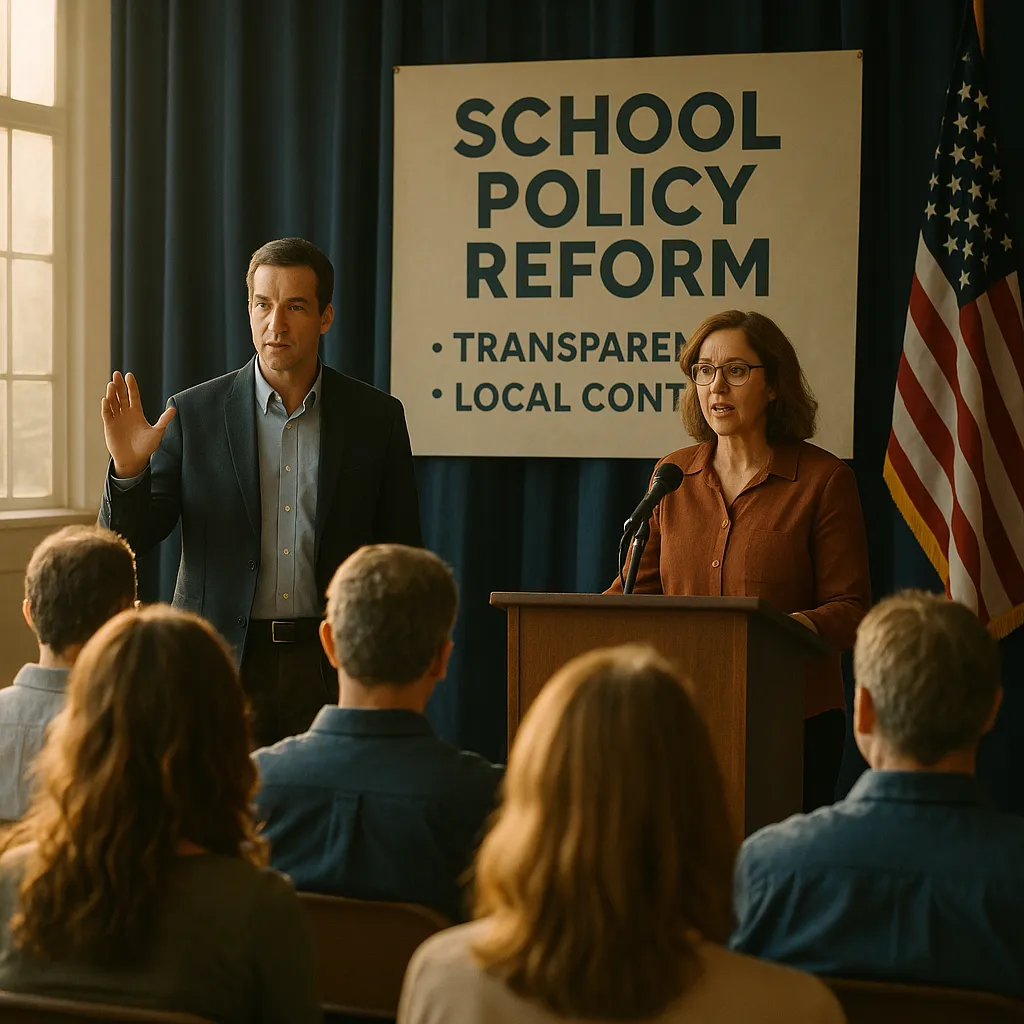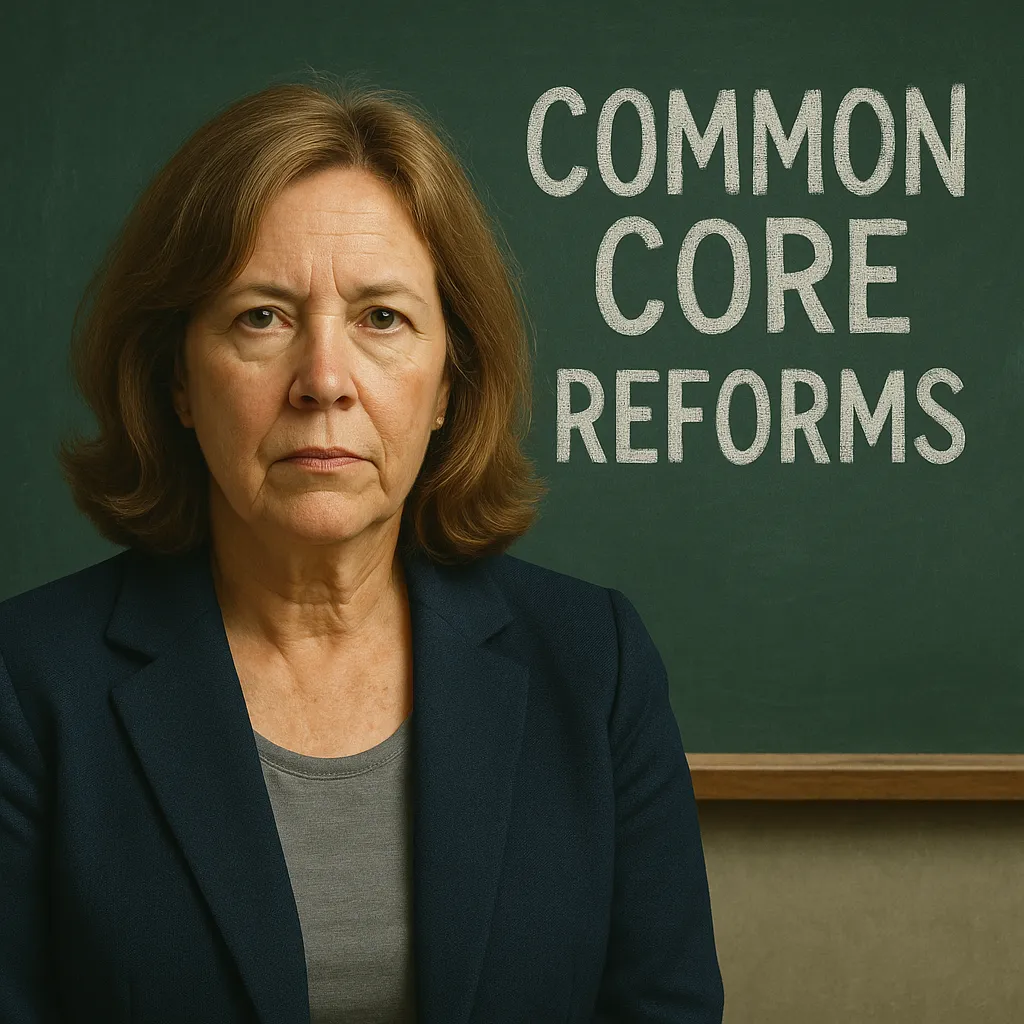The recent cancellation of state-sponsored PTA town hall forums by New York State Education Commissioner John B. King, Jr. has sparked a wave of frustration among parents and community members. Among those responding are Keith and Michelle Gamache, parents from Long Island known for their respectful and thoughtful engagement in educational matters.
In an open letter addressed to Governor Andrew Cuomo, Keith Gamache expressed deep concern over the lack of transparency and accountability demonstrated by the Commissioner’s decision. For many parents, these forums represented a rare opportunity to voice concerns directly and publicly about state education policies that are reshaping classrooms, testing, and teacher evaluations.
The Need for Open Dialogue Between Parents and Policy Leaders
The forums were intended to serve as a space for meaningful dialogue between state education officials and families impacted by new education reforms. According to Gamache, Commissioner King’s abrupt decision to cancel these meetings represents not only poor judgment but also a broader pattern of evading public scrutiny.
Parents had prepared legitimate and specific questions about the implementation of Common Core-aligned assessments and other elements of the state’s reform agenda. The cancellation was seen as a dismissal of their voices.
One key question many parents hoped to raise was the educational validity of test items used on state exams. For example, passages on the third-grade English Language Arts (ELA) exam reportedly contained content written at lexile levels that only half of average third graders could comprehend.
Without public forums, questions like this go unanswered—creating growing suspicion that reforms are not grounded in educational benefit but rather driven by other motives, such as test-based accountability or privatization interests.
Key Demands from Concerned Families
Keith Gamache’s letter outlines several immediate actions that parents are calling for, including:
- Reducing the duration and frequency of standardized testing, which many believe is excessive and detracts from meaningful learning time.
- Returning completed test materials to schools and families, so they can be used to inform instruction and provide actionable feedback.
- Eliminating the use of student test scores in teacher evaluations, particularly due to concerns over the reliability of Value-Added Models (VAM), which have been deemed statistically unstable even by their original developers.
These points reflect widespread concerns shared by educators, researchers, and families across the state.
A Long Island Perspective on Public Education
For many Long Island families, the quality of the region’s public schools is a primary reason for choosing to live and raise children there. State-mandated reforms—implemented with little local input—are now perceived as threatening that legacy. The shift toward high-stakes testing, coupled with the diminishing role of local control, has left many parents feeling powerless.
The cancellation of community forums only amplifies those frustrations, suggesting that voices from families and teachers are unwelcome in the policy-making process.
A Call for Governor Cuomo’s Leadership
Although Commissioner King is not an elected official, his actions reflect on those who appointed him. Gamache and many other parents are now appealing to Governor Cuomo and other state leaders to intervene and ensure their concerns are addressed.
Elected officials, they argue, have a responsibility to represent the interests of constituents—especially when it comes to the well-being and education of children.
Town halls are not symbolic gestures. They are fundamental to democratic accountability, especially when policy decisions affect millions of students, teachers, and families. The cancellation of these meetings, without public explanation or rescheduling, undermines public confidence and deepens divisions between state leadership and local communities.
Moving Forward
Parents across New York are continuing to organize, write letters, and demand changes. Whether or not state leaders will listen remains to be seen—but the message is clear: meaningful education reform requires public input, respectful dialogue, and policies that truly support student learning.



